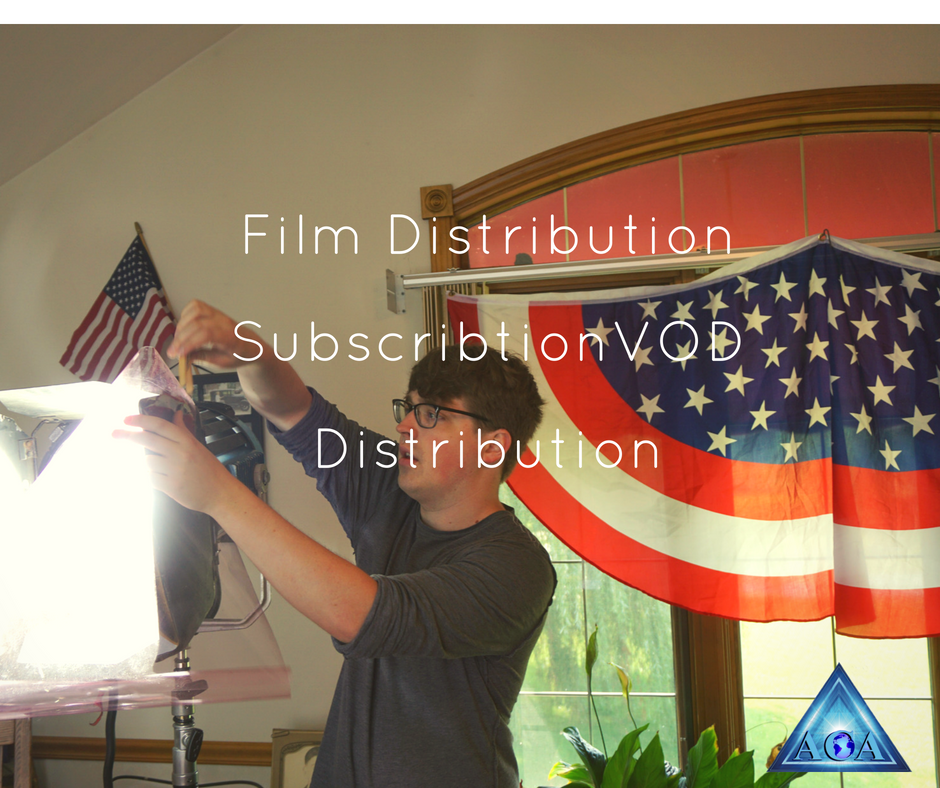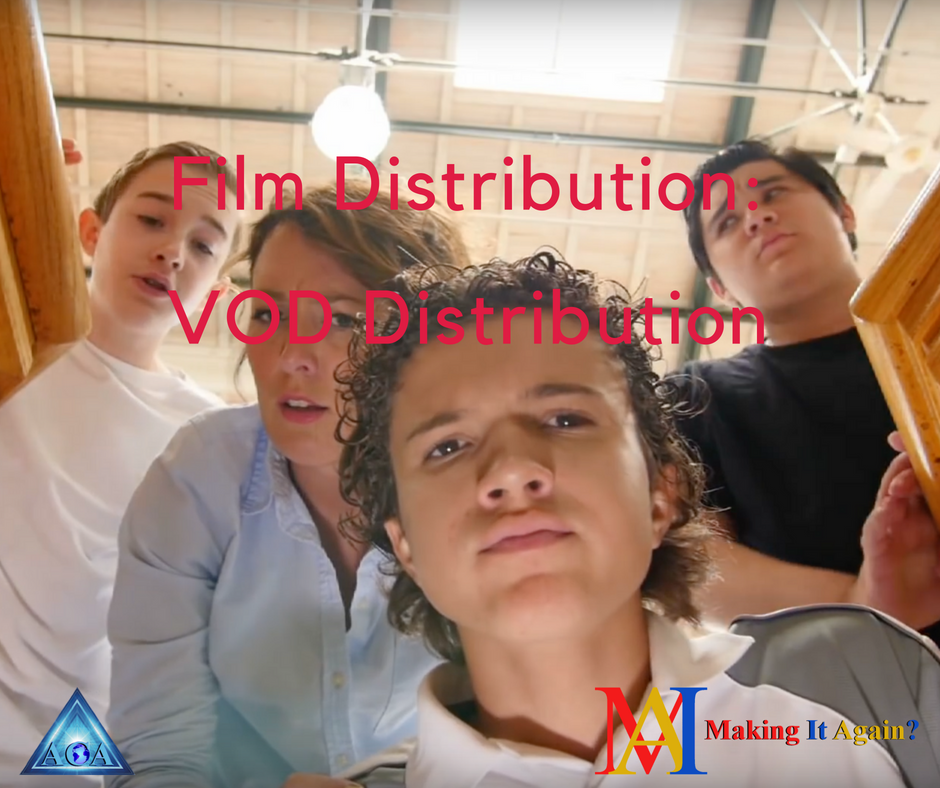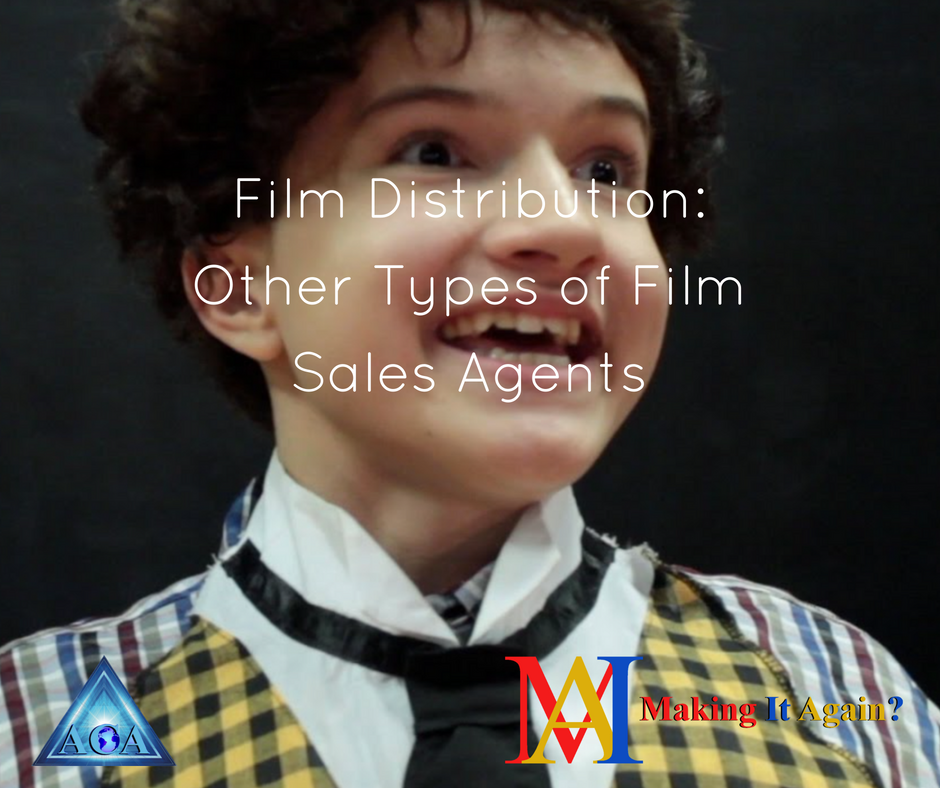Film Distribution. Subscription VOD Distribution (SVOD)
Film Distribution. Subscription VOD Distribution (SVOD)
Subscription Video On Demand allows subscribers to sign up for a service, pay a monthly fee and in exchange, have access to unlimited programming. This model is great for consumers because, well, they can watch anything. Getting your title onto an SVOD platform could be great for discovery.
Netflix: How to Distribute You Movie on Netflix
Netflix will not make an offer for your movie unless they are interested in your movie. Think of Netflix the same way you think about HBO or Showtime. And like all premium subscription channels, they want movies with a strong “name” cast, social media stars and stuff that won major festival awards.
If your movie meets these criteria, your best bet for Netflix (assuming you are in their database) is working with an aggregator with a track record for negotiating great deals with them. As a possible downside, unless you strike a great licensing deal you may be a little disheartened if your title gets a million views and you have not seen a dime.
Amazon Prime: How to Distribute You Movie on Amazon Prime
Going beyond their TVOD service, Amazon has expanded their product offering to include an SVOD service called Amazon Prime. Through Amazon Prime, filmmakers can make their movies available for discovery. And Unlike Netflix, Amazon Prime actually pays you every time your movie is streamed!
While this is equal to pennies on the dollar (you net roughly 5 cents per stream), having your movie available to millions of subscribers could potentially add up.
by Jason Brubaker






